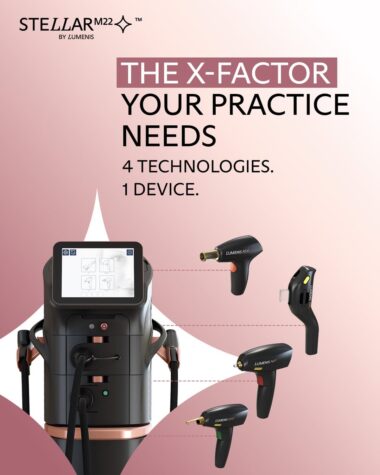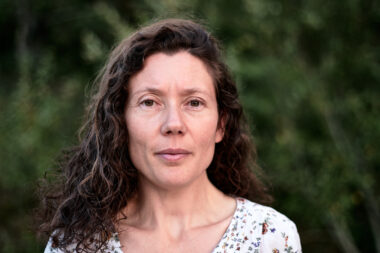Women's Health in the South East (WHISE) is pleased to present a groundbreaking new case study on the Sexual and Reproductive Health Hubs in Victoria. The case study, which was developed to support practitioners in existing or future Hubs in their practice, by providing an outline of some of the critical processes, challenges and benefits of the Hubs, is also a vital advocacy tool for the Hubs and Women’s Health Services Network in calling for long-term and sustainable funding for existing SRH Hubs and expanding into regions that currently do not have one.
Kit McMahon, CEO of WHISE, said:
"The Hubs have been vital infrastructure for providing Victorians, particularly women and gender diverse folks, with accessible and affordable sexual and reproductive health services, including contraception, cervical screening and abortion."
McMahon added, "While the Hubs are a testament to the tireless efforts of healthcare professionals, mainly women, it is only through their sheer tenacity that the Hubs are able to provide critical services to community members. The Hubs are in desperate need of sustainable and long-term funding to ensure Victorian women can exercise their reproductive rights."
Key Achievements of the Sexual and Reproductive Health Hubs:
-
Vital Role of Hubs: These Hubs serve as critical access points for sexual and reproductive healthcare, particularly in regional areas. By integrating community health services, they alleviate pressure on overburdened hospital systems and significantly improve access for priority populations, including individuals from Culturally and Linguistically Diverse (CALD) backgrounds, Aboriginal and Torres Strait Islander communities, and those in rural settings.
-
Nurse-Led Models of Care: Most Hubs operate under nurse-led models, a practice endorsed by the World Health Organization. This approach not only enhances cost-effectiveness but also increases service accessibility, especially in rural regions. Improved care coordination and extended consultation times lead to better patient education and outcomes.
-
Expansion of MTOP and LARC Services: The Hubs have successfully increased access to medical termination of pregnancy (MTOP) and long-acting reversible contraception (LARC). This expansion is facilitated through dedicated funding and the service provision by Nurse Practitioners, with General Practitioners available for complex cases. Recent training initiatives for IUD insertions have also significantly broadened LARC services.
-
Partnership and Collaboration: The success of the Hubs is bolstered by strong partnerships with Women’s Health Services, local hospitals, GP clinics, and various agencies. Collaborative efforts with local hospitals for surgical termination of pregnancy (STOP) and the support from the Clinical Champions Program further enhance service delivery.
Addressing Operational Challenges:
While the Hubs have made significant strides, they continue to face operational challenges, including:
-
Funding Constraints: The Hubs rely heavily on the commitment of a predominantly female workforce, which sustains services despite inadequate and insecure funding.
-
Sustainability Issues: Although nurse-led models are efficient, the lack of long-term funding hampers their full implementation, leaving some Hubs dependent on GPs for service delivery, which is both costly and unsustainable.
Join Us for a Key Discussion on Enhancing Sexual and Reproductive Healthcare in Victoria
The Sexual and Reproductive Health Hubs in Victoria are leading the way in providing essential healthcare services that prioritize accessibility and inclusivity for all. On Tuesday, November 19, we invite you to join us for a vital case study presentation via Zoom, featuring expert insights from nurse practitioners at Peninsula Health and La Trobe Community Health, alongside WHISE CEO Kit McMahon.
Date: Tuesday, November 19, 2024
Time: 12:00 PM (AEDT)
Location: Zoom
Register: https://events.humanitix.com/launch-event-sexual-and-reproductive-health-hubs-case-study
--------------------------------------------------------------ends--------------------------------------------------------------
About us:
Kit McMahon, CEO Women’s Health in the South East, is available for comment.
WHISE is a leading health promotion and primary prevention organisation dedicated to improving women's health and wellbeing in Melbourne's Southern Metropolitan Region, providing health information, education and advocacy to women and health professionals.
Ms McMahon has over 20 years of leadership experience across workforce development, skills policy and practice, capacity and capability building, and evaluation and impact frameworks.
She is passionate about promoting gender equality, health equity, and social justice for women, especially those who are significantly disadvantaged.
Kit has established and led diverse partnerships with service providers, government agencies, community groups, and corporate sponsors to achieve sustainable change and positive outcomes for women's health and wellbeing. She is also an experienced non-executive director and co-chair of two other organizations that support women in trades and survivors of violence and holds an MBA from Macquarie Graduate School of Management and a Company Directors Course from the Australian Institute of Company Directors.
Contact details:
Doseda Hetherington
Communications Lead
Women's Health in the South East
Mobile: 0412 317 334



